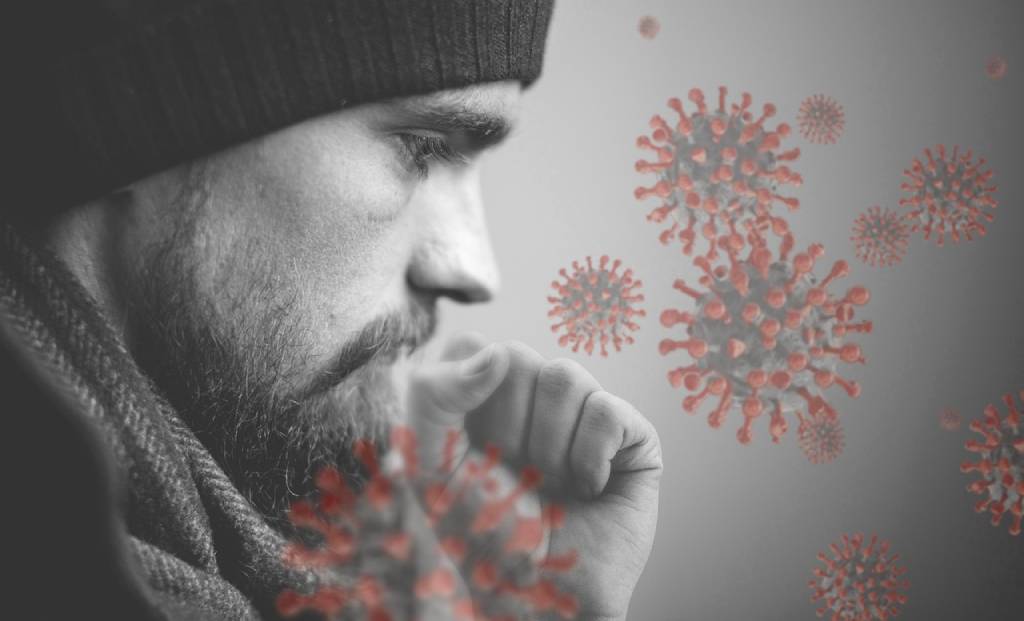Lingering Effects of COVID-19
A recent study conducted in the UK has unveiled concerning findings about the prolonged impact of COVID-19 on patients’ health. Published in The Lancet Respiratory Medicine journal, the study reveals that a year after contracting the virus, only one in four hospitalized patients feel fully recovered. The research underscores the need to comprehensively address the lingering effects of the virus, shedding light on specific factors that contribute to this prolonged health challenge.
Women’s Health More Affected
One of the noteworthy revelations from the study is that COVID-19 seems to affect women more severely than men. Led by researchers from the University of Leicester, the study highlights that female patients experienced more severe ongoing health impairments compared to their male counterparts. This disparity prompts further exploration into understanding the reasons behind this gender-based variation in COVID-19’s impact.
Factors Influencing Recovery
The study unveils key factors that influence the recovery trajectory of COVID-19 patients. The research indicates that individuals with obesity and those who required mechanical ventilation during their hospital stay were less likely to report feeling fully recovered after a year. This insight calls for a deeper understanding of how these factors interact with the virus and contribute to the persistence of symptoms.
Ongoing Symptoms and Impact
The study highlights a range of ongoing symptoms that patients experience, commonly referred to as long-COVID symptoms. Fatigue, muscle pain, physical slowdown, poor sleep, and breathlessness emerge as the most prevalent among these. The impact of these symptoms extends beyond the physical realm, affecting mental health, exercise capacity, and overall quality of life.
Methodology and Insights
Researchers gathered data from patients across 39 UK National Health Service (NHS) hospitals, conducting follow-up tests at five months and one year after hospital discharge. Blood samples were collected to assess the presence of inflammatory proteins. The study analyzed a group of 807 participants who completed both visits, with the findings shedding light on the demographic composition of this subset.
Tailoring Treatment Approaches
The study’s implications call for urgent attention from healthcare services to address the ongoing health challenges faced by this patient population. Professor Christopher Brightling from the University of Leicester emphasizes the importance of effective treatments for long-COVID. The study’s findings support a precision-medicine approach, targeting treatments based on individual profiles to restore health-related quality of life. This approach becomes increasingly relevant as the specter of long-COVID potentially evolves into a prevalent long-term health condition.
Conclusion: Navigating the Aftermath
As the battle against COVID-19 persists, understanding the extended impact of the virus on patients’ health becomes paramount. The study’s findings underscore the need for holistic care, tailored interventions, and focused research to alleviate the burden of long-COVID symptoms. By addressing the multifaceted challenges posed by the aftermath of the virus, healthcare systems can work towards enhancing the well-being and quality of life for those grappling with its enduring effects.

